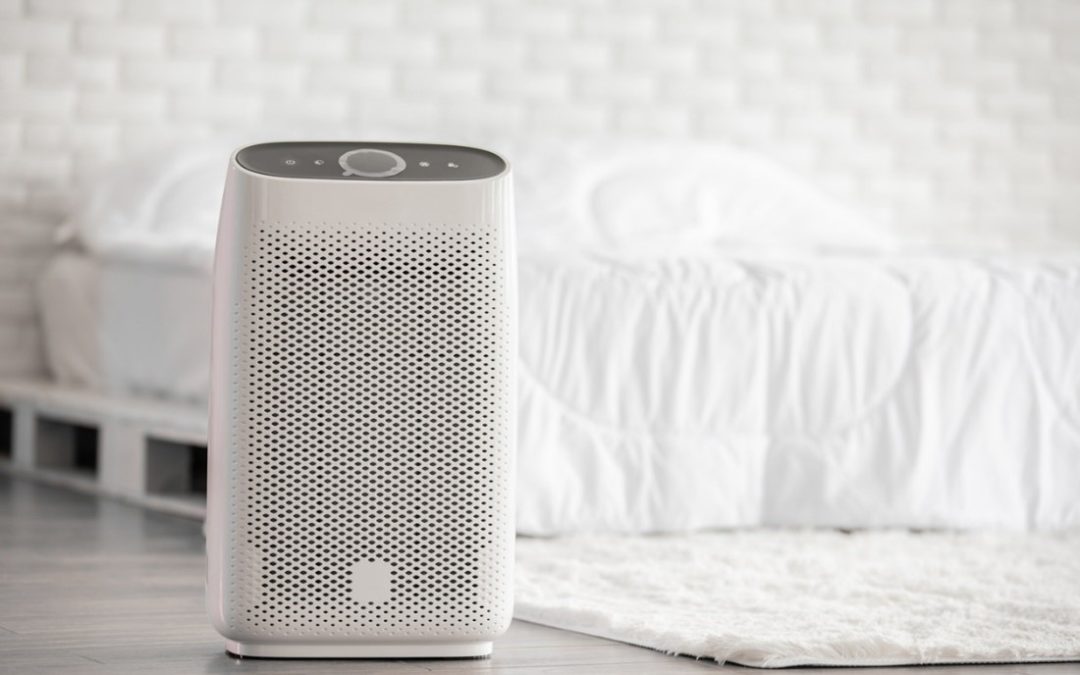- Empty cart.
- Continue Shopping
How to Improve Indoor Air Quality

Indoor air quality is a crucial factor in maintaining a healthy and comfortable living environment. Poor indoor air quality can lead to a range of health issues, including respiratory problems, allergies, and reduced overall well-being. Fortunately, there are several effective measures you can take to improve indoor air quality in your home.
1. Regular Ventilation
Proper ventilation is essential for improving indoor air quality. Open windows and doors when weather permits to allow fresh outdoor air to circulate through your home. Use exhaust fans in the kitchen and bathroom to remove pollutants and humidity.
2. Use Air Purifiers
Air purifiers are designed to remove airborne particles and allergens from the air. Choose a high-quality air purifier that suits the size of the room you want to clean. Look for purifiers with HEPA filters, which can capture fine particles.
3. Maintain HVAC Systems
Regular maintenance of heating, ventilation, and air conditioning (HVAC) systems is essential. Change air filters according to the manufacturer’s recommendations, and schedule professional HVAC maintenance to ensure that the system is clean and functioning efficiently.
4. Control Humidity
Maintaining the right indoor humidity level is crucial for air quality. High humidity can lead to mold growth and dust mites, while low humidity can dry out the respiratory tract. Use dehumidifiers or humidifiers to control humidity levels as needed.
5. Eliminate Smoking Indoors
Smoking indoors is a major source of indoor air pollution. If you or anyone in your household smokes, consider quitting or restrict smoking to outdoor areas. Smoking indoors can lead to long-term health problems and worsen indoor air quality.
6. Regular Cleaning
Frequent cleaning can significantly improve indoor air quality. Dust and vacuum surfaces, including floors, carpets, and furniture, regularly. Use a vacuum cleaner with a HEPA filter to trap fine dust particles.
7. Reduce Allergens
Allergens such as pet dander, pollen, and dust mites can worsen indoor air quality. Consider using allergen-resistant covers for pillows and mattresses. Wash bedding and curtains regularly in hot water to kill dust mites.
8. Choose Low-VOC Products
Volatile organic compounds (VOCs) are chemicals released by certain household products, including paints, cleaning supplies, and air fresheners. Opt for low-VOC or VOC-free products to reduce indoor air pollution.
9. Maintain Clean Air Ducts
Over time, air ducts can accumulate dust, mold, and other contaminants. Periodically have your air ducts professionally cleaned to prevent these pollutants from circulating in your home.
10. Minimize Clutter
Reducing clutter in your home can make cleaning and dusting more effective. Cluttered spaces are more challenging to keep clean and can harbor dust and allergens.
11. Monitor Carbon Monoxide Levels
Install carbon monoxide detectors in your home to monitor this odorless, colorless gas that can be deadly when present in high levels. Ensure that gas appliances are properly vented and maintained.
12. Keep Plants Indoors
Certain indoor plants can help improve air quality by removing pollutants and increasing oxygen levels. Examples include snake plants, spider plants, and peace lilies. However, be mindful of potential mold growth in soil.
13. Limit Chemical Use
Reduce the use of harsh chemicals in your home. Instead, opt for natural cleaning solutions like vinegar and baking soda. These alternatives are effective for cleaning without introducing additional chemicals into the air.
14. Regularly Inspect and Address Mold
Mold growth can significantly impact indoor air quality and pose health risks. Regularly inspect your home for signs of mold, especially in damp areas like bathrooms and basements. Address any mold issues promptly.
In Conclusion, Improving indoor air quality is essential for creating a healthier and more comfortable living environment. By implementing these strategies and tips, you can reduce indoor air pollutants, allergens, and irritants, ultimately leading to better respiratory health and overall well-being for you and your family. Prioritizing indoor air quality is an investment in your health and the comfort of your home.








